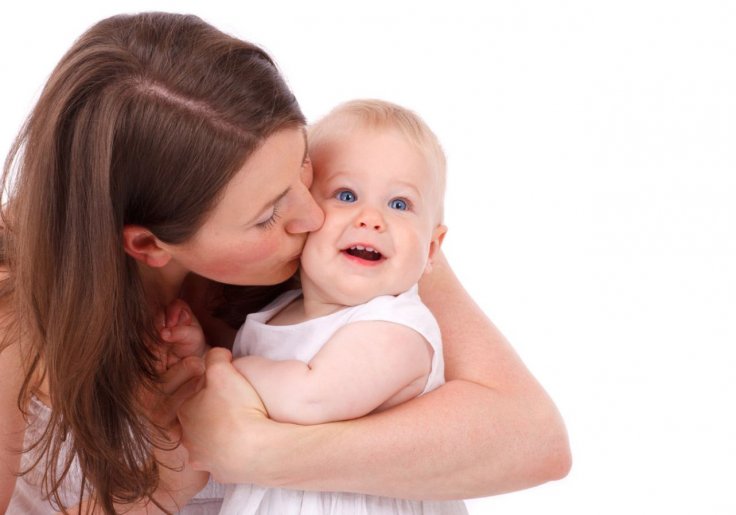Women, who after the birth of their first child tend to suffer from psychiatric disorders such as anxiety, schizophrenia and depression, are less likely to decide to have more children, says a new study by researchers from Aarhus University, Denmark.
According to the research published in Human Reproduction, postpartum psychiatric disorders were experienced by 69 percent of women within the first six months after giving birth to their first child and had more children after that.
Exploring postpartum psychiatric disorders in new mothers
This contrasts with 82 percent of mothers who did not experience psychiatric problems. "We wanted to explore whether women with postpartum psychiatric disorders had a reduced possibility of having a second child. Furthermore, we considered whether a reduction in the live birth rate was due to personal choices or decreased fertility, as these are important issues to consider," said study lead author Xiaoqin Liu from Aarhus University in Denmark.

For the findings, the research team analysed data from Danish registries for 414,571 women who had their first live birth between 1997 and 2015 in Denmark. They followed the women for a maximum of 19.5 years until the next live birth, emigration, death, their 45th birthday or June 2016, whichever occurred first.
They identified women with postpartum psychiatric disorders by seeing if they were given prescriptions for psychotropic medications or had hospital contact for psychiatric disorders during the first six months after the live birth of their first child.
A total of 4,327 (one percent) of women experienced psychiatric disorders following the birth of their first child, according to the study. These women were a third less likely to have a second live birth compared to women who did not experience psychiatric disorders. If the first child died, the difference in subsequent live birth rates disappeared.
Psychiatric hospitalisation reduced chances significantly
However, if the psychiatric problem required hospitalisation, the likelihood of a woman having a second child nearly halved and this remained the case irrespective of whether the first child survived or not. "Although fewer women with postpartum psychiatric disorders had subsequent children, it is noteworthy that about 69 percent of these women still chose to have a second child," Dr. Liu said.
"For the remaining 31 percent of women, we need to differentiate the reasons why they did not have another child. If they avoided another pregnancy due to fear of relapse, an important clinical message to them is that prevention of relapse is possible," Liu added.
The researchers said that other possible explanations for the reduction in the subsequent live birth rate may be that women with postpartum psychiatric disorders are less able to conceive or have more problematic relationships with partners.
(With inputs from agencies)









